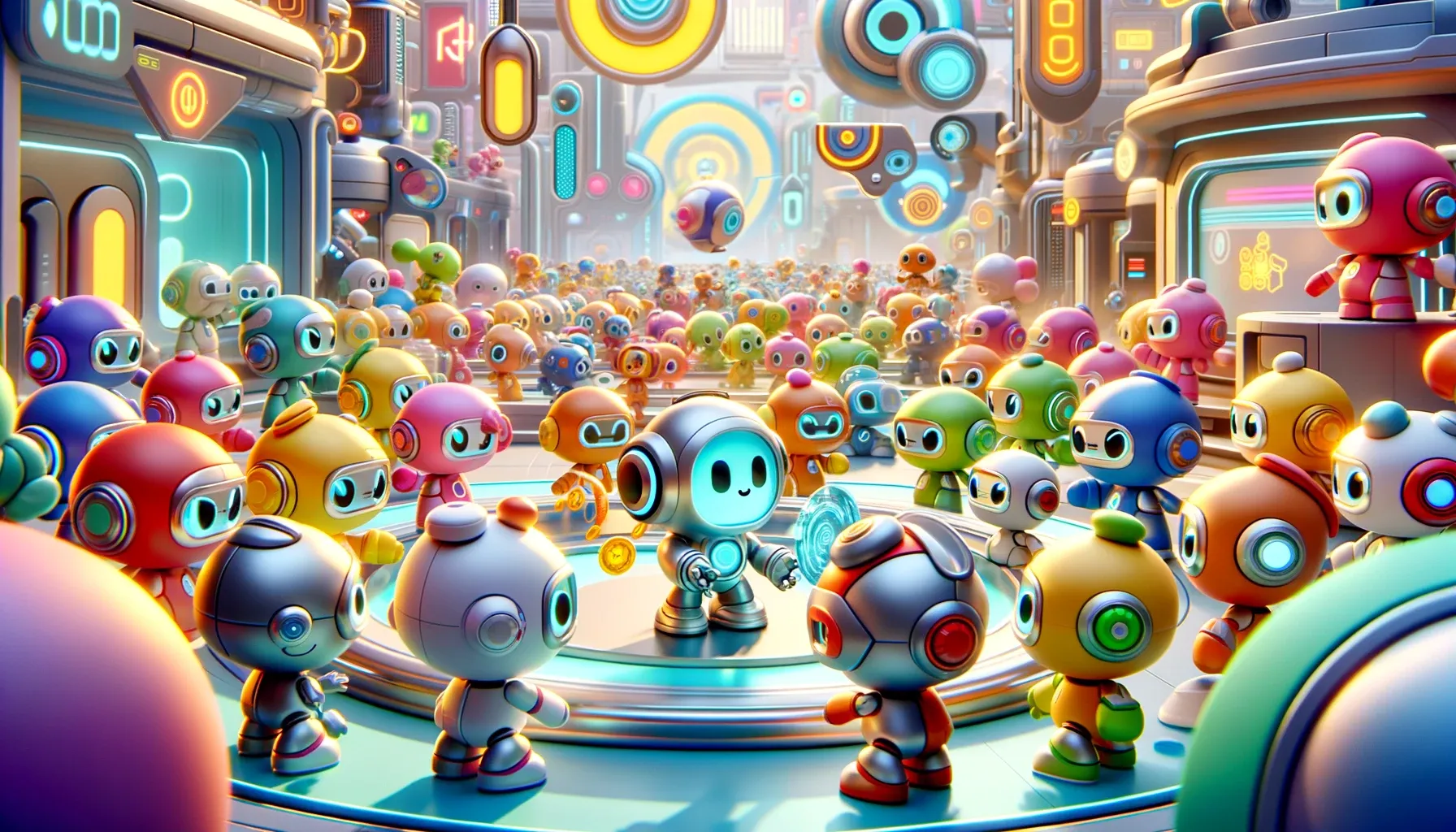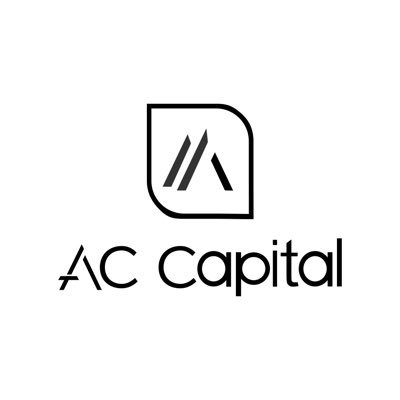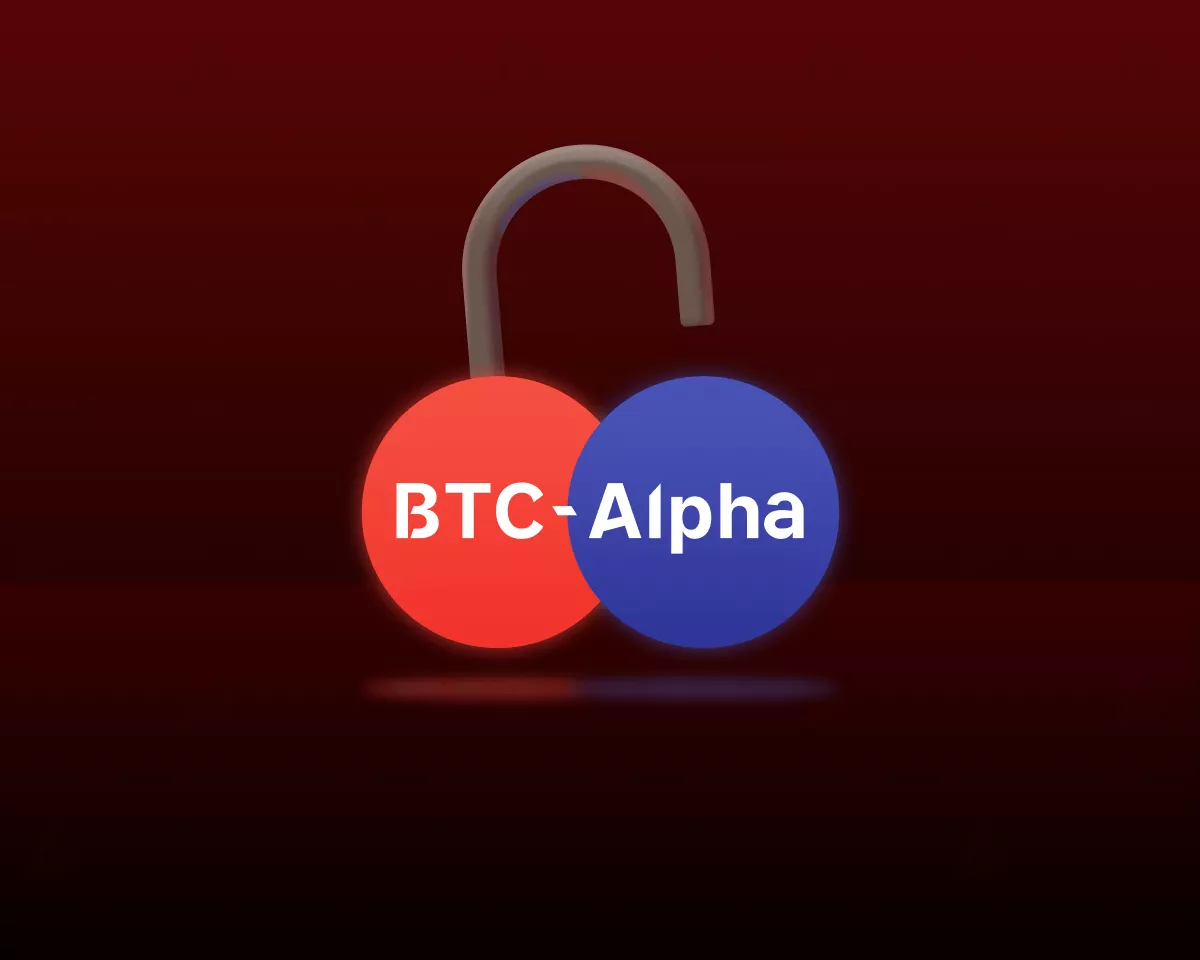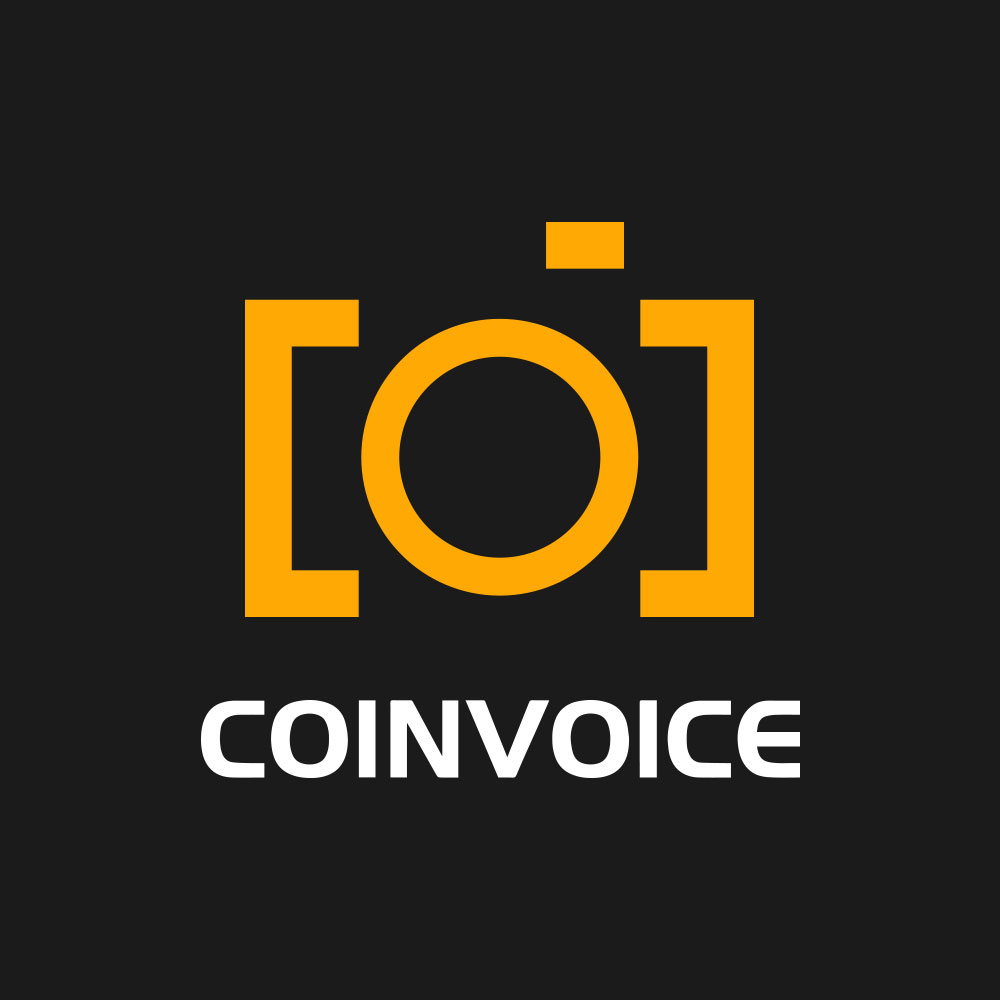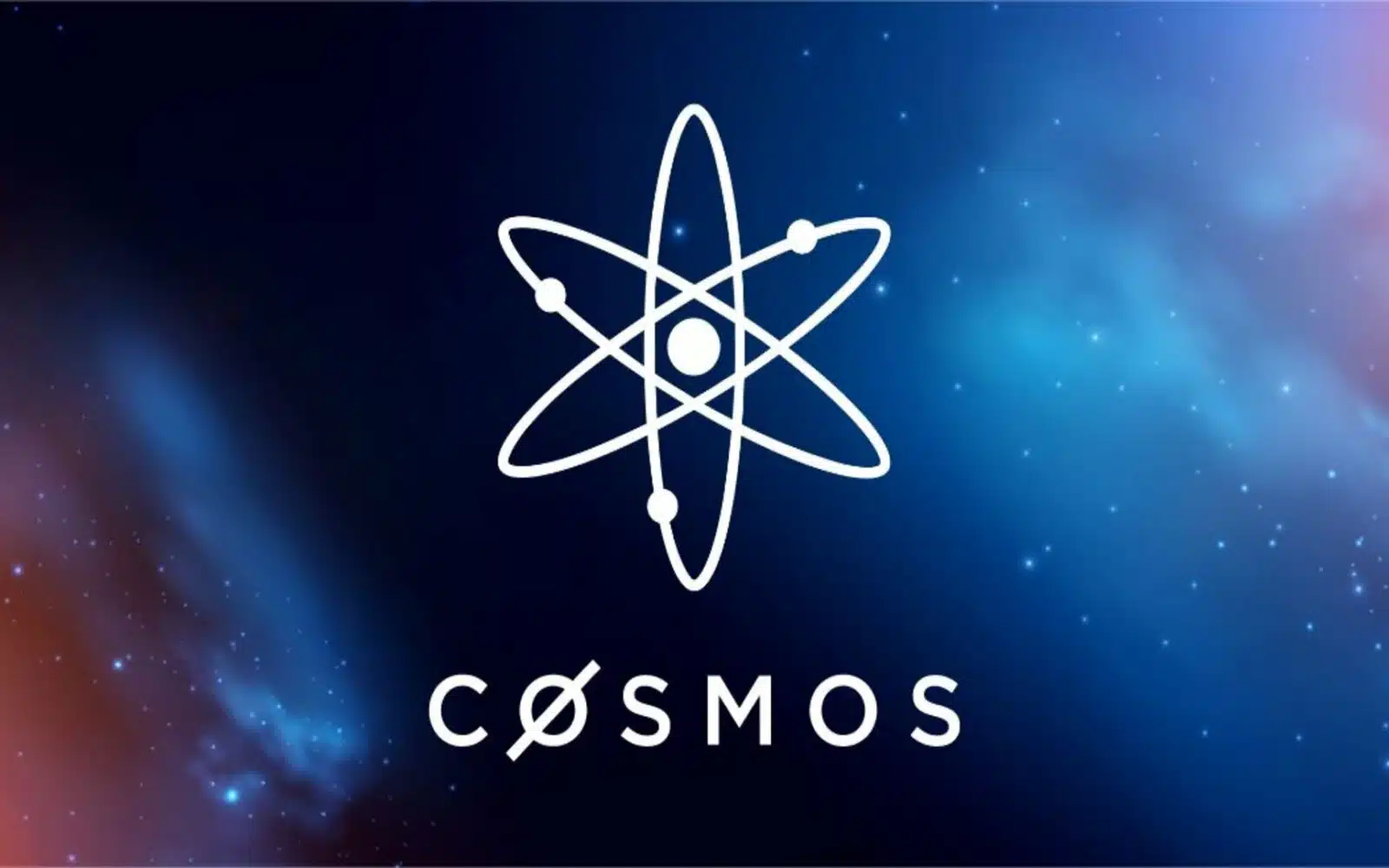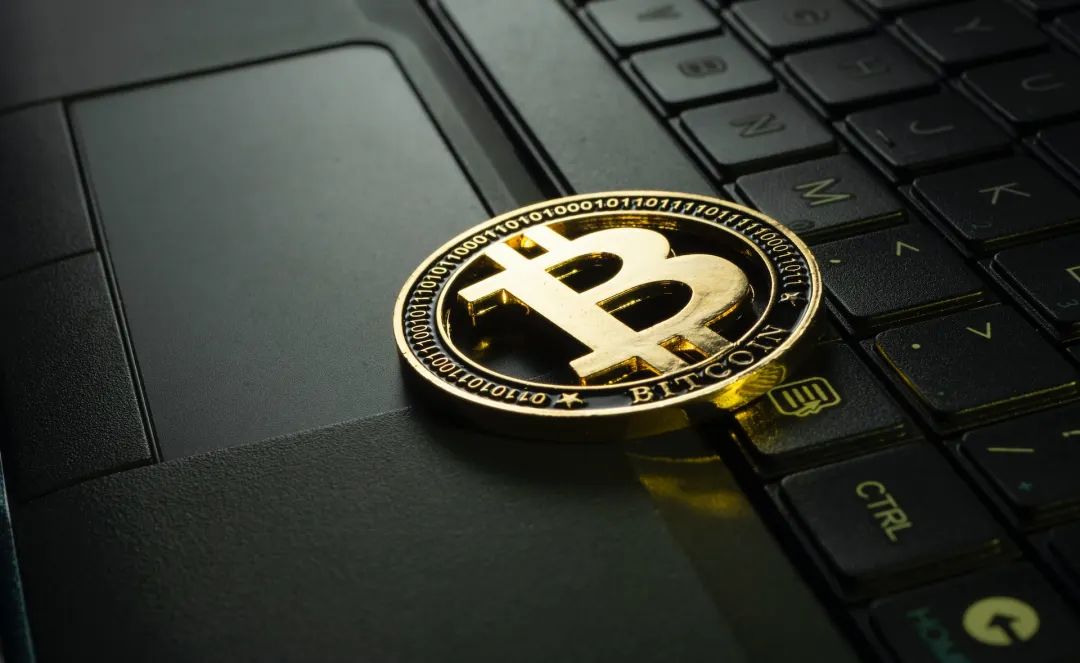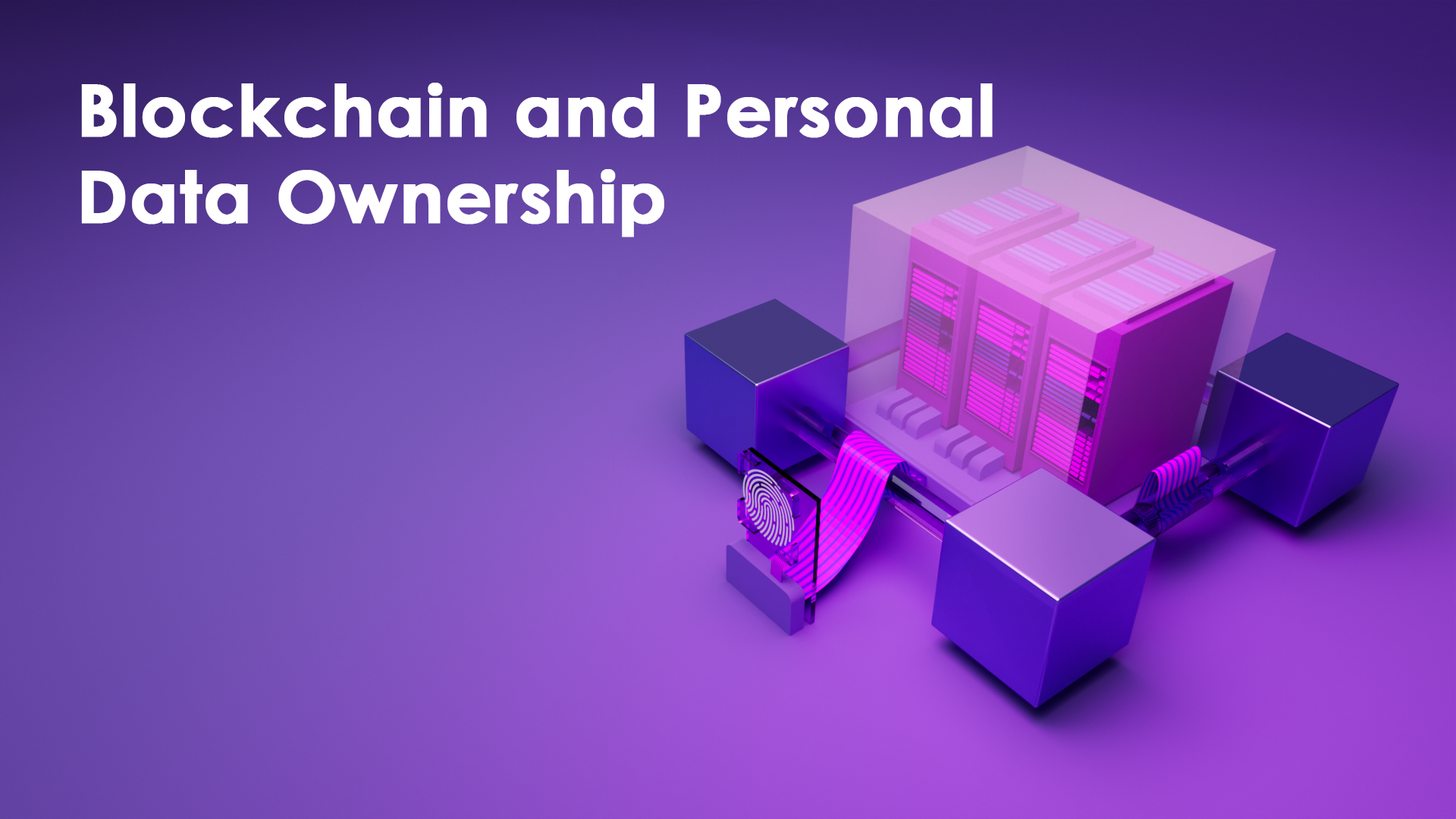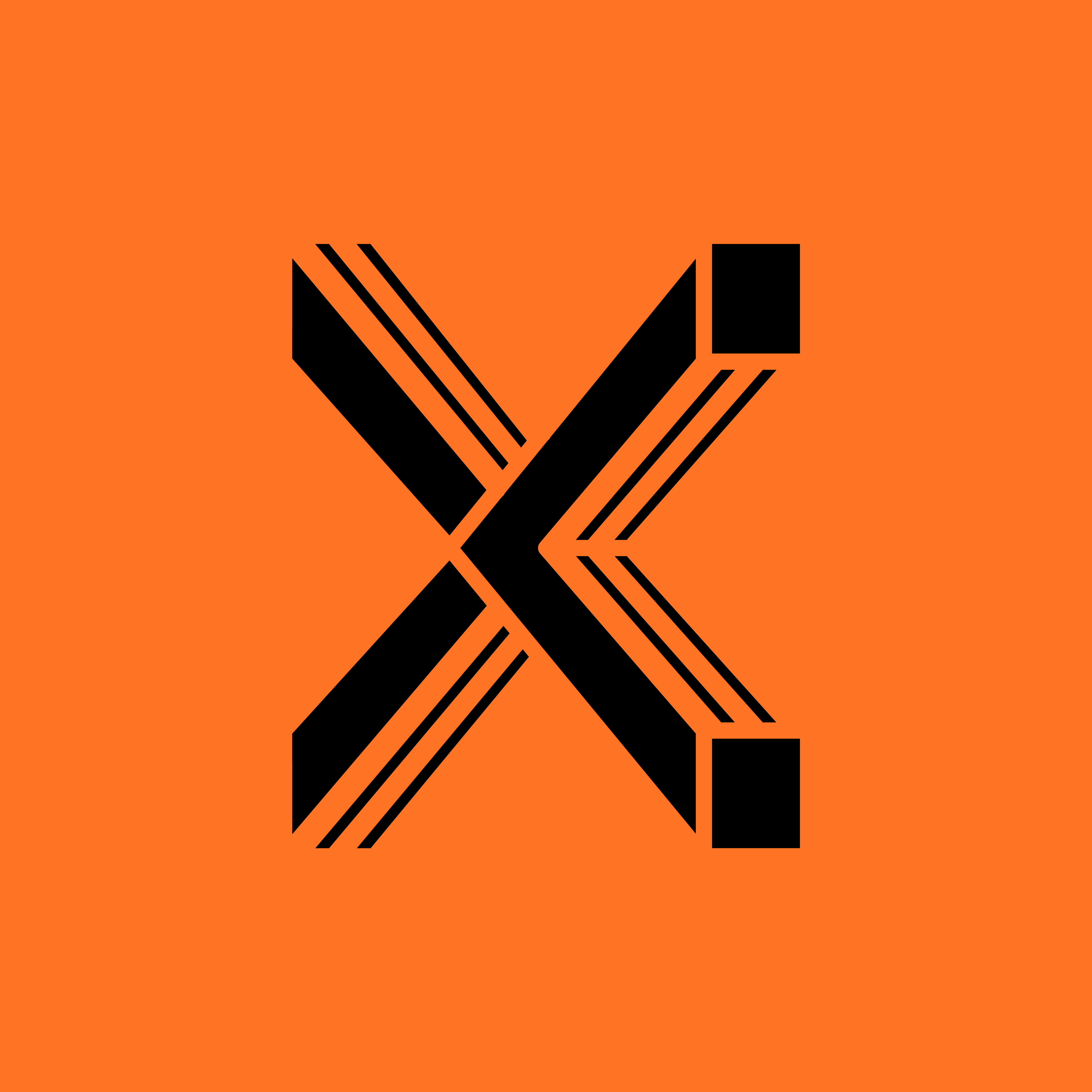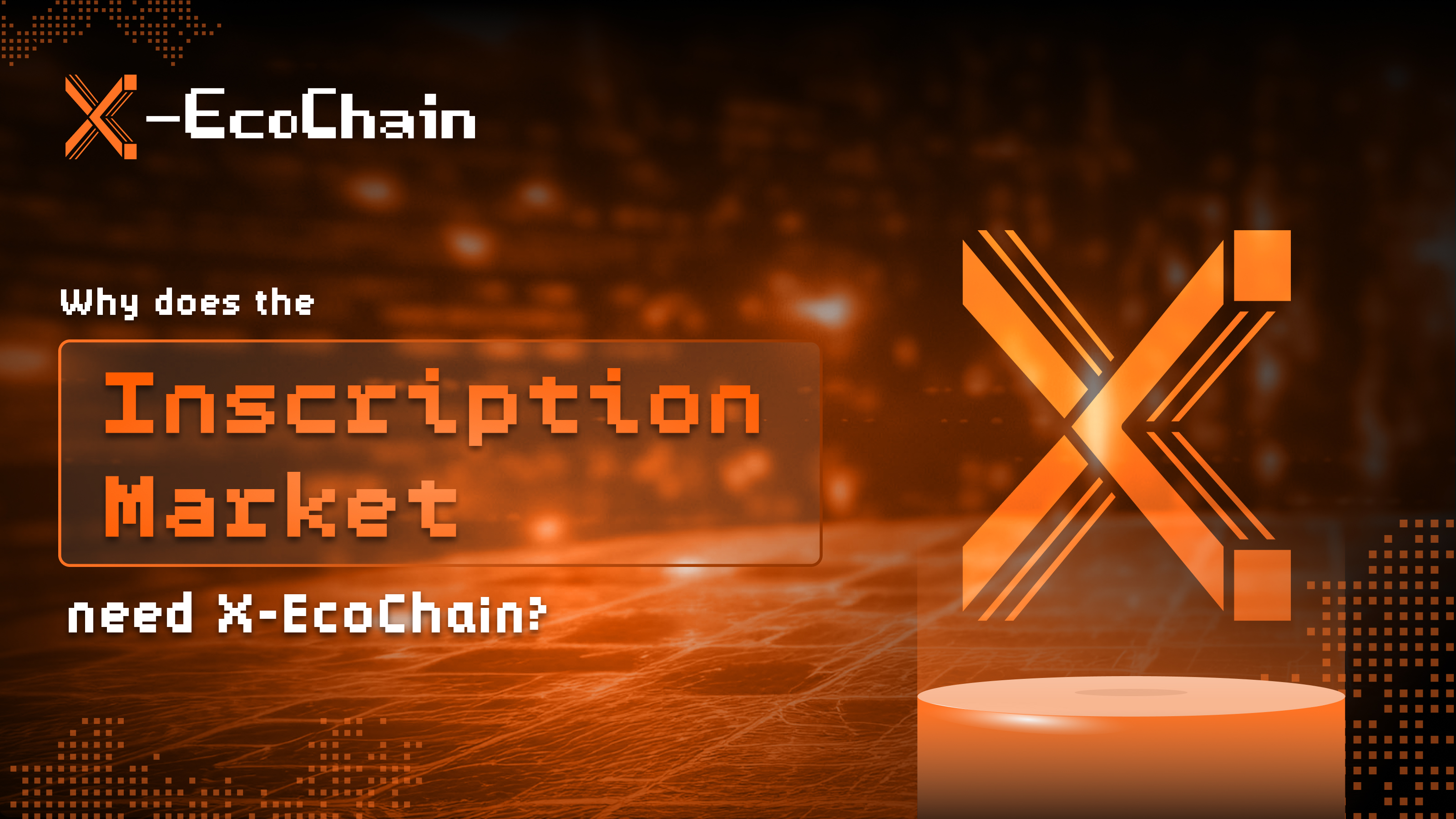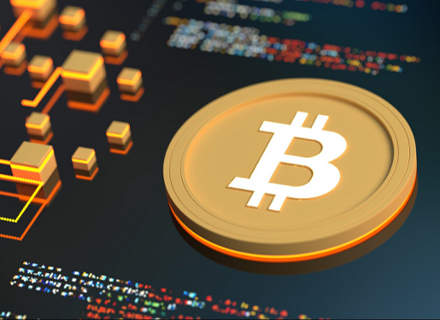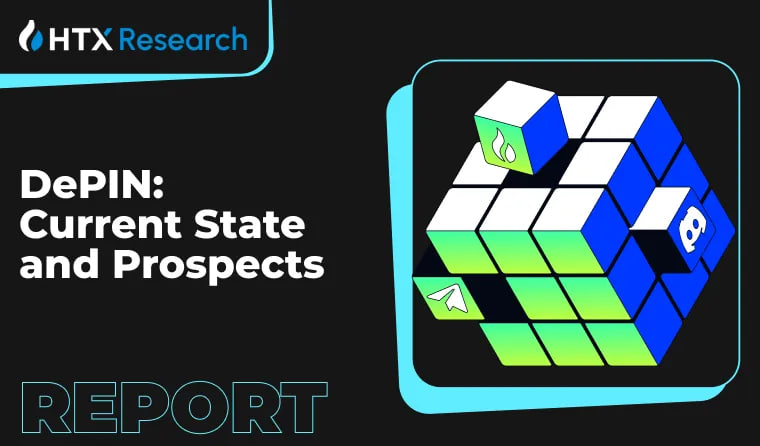An Overview of Crypto x AI
AI has traditionally been a playground for the big players. There are a couple of big reasons for this:
- High costs — developing AI tech requires a ton of computing power. That’s not cheap, and usually, only the tech giants have the deep pockets to afford the necessary hardware, creating a barrier to entry for smaller entities.
- Data monopolies — AI models require loads of data to train on. The big companies sit on mountains of user data with which they can make advanced AI models.
Put these two together, and you will find why it’s such a huge competitive advantage for the big companies.
Think about it: a handful of companies hold most of our data, and they’re all building their own AI tech — Google has Gemini, Twitter is rolling with Grok, and OpenAI made waves with ChatGPT.
So, how do we level the playing field for developing AI technology? Enter crypto and blockchain. Decentralization, transparency, and economic incentives are inherent principles of crypto and blockchain.
Take those core ideas and mix them with AI, and you've got a whole new ballgame — an AI industry with low barriers to entry, where anyone can participate, creating a more equitable ecosystem for the development and use of AI technology.
A high-level summary of crypto+AI intersections by Vitalik. Source: The promise and challenges of crypto + AI applications
These synergistic benefits are being applied to different parts of the AI stack. Let’s take a look at some of these emerging areas:
Decentralized Compute
Training up AI models is essentially like building a supercomputer. It's a long and repetitive process, full of trial and error and complex math to get the AI model just right. All this computation is extremely expensive as it requires specific hardware.
Take OpenAI’s compute requirements, for example. From 2012 to 2018, their computation needs doubled every few months! That’s where GPUs come in — they’re specialized hardware that have the processing power required for AI.
But GPUs aren't easy to get these days. There's a global chip shortage, a few big names like Nvidia and AMD are running the show, and everyone wants a piece of the action, from gamers to AI developers. This has made GPUs super expensive and tough to find.
To address this shortage of GPUs supply, many projects have adopted crypto’s principles to align economic incentives between GPU providers and buyers. The idea is to make it easier and cheaper to get your hands on the computing power you need.
Some of the leading projects that fall in this category are:
- io.net — io.net creates an open marketplace of underused GPUs from sources like data centers and crypto miners and makes them available for anyone at a fraction of traditional GPU costs.
- Akash — Akash is a decentralized compute marketplace that lets users buy and sell computing resources securely and efficiently. Anyone can become a provider on Akash and offer their hardware to other users on the platform and earn.
- Render — Render creates a marketplace for idle GPU compute that can be leveraged for different kinds of projects, like 3D content creation.
Decentralized AI Model Training and Inference
Crypto x AI projects are embracing a more open and collaborative approach toward building AI tech. These initiatives tap into blockchain’s principle of decentralization to enable community-driven AI development.
Imagine an open network where anyone can chip in their computer's power to train AI models. This creates a collective intelligence pool that's available for all, paving the way to build a wide range of AI applications.
Some of the leading projects that fall in this category are:
- Bittensor — Bittensor is on a mission to make building AI applications more accessible. They're creating an open peer-to-peer marketplace where anyone can share and tap into machine learning models.
- Gensyn — Gensyn is coordinating ‘all of the world’s compute into a single network’ to build collective intelligence for training AI models at low cost and high scale.
Zero-Knowledge Machine Learning
Since many AI systems, including popular ones like ChatGPT, are closed-source, we aren't able to check their work and determine how certain outputs were derived. This may not matter for a question with an easily fact-checked answer, but as capabilities scale and our reliance on these technologies increases, we will want more insight.
To make the whole process more transparent, some crypto x AI projects are turning to zero-knowledge machine learning (zkML). zkML combines sophisticated cryptographic techniques with AI to ensure the integrity of machine learning processes and the accuracy of their output. It lets us check AI's work without needing to trust anyone, which is what crypto is all about.
Some of the leading projects that fall in this category are:
- Giza — Giza offers a one-stop shop for building, managing, and hosting verifiable machine learning models. Its tech stack can be used to build AI solutions that are reliable and easy to trust for the blockchain.
- Modulus Labs — Modulus uses cryptography to verify AI outputs and ensure their accuracy using specialized zk provers.
AI Agents
Builders may be looking to level-up AI with crypto, but they're also seeking to level up crypto with AI.
AI agents are essentially smart bots that can independently perform tasks across DeFi platforms. They process information, make decisions based on that data, and take actions to fulfill set objectives.
AI agents are now a growing presence in DeFi, serving a variety of use-cases such as:
- MEV arbitrage bots — Jaredfromsubway.eth specializes in taking advantage of market inefficiencies
- Telegram bots — Unibot and Banana Gun
- Bots in games — Parallel’s Colony, a game where AI-powered Avatars interact with each other
- Bots in social apps — Frenrug, an onchain AI agent that chats with users on the app and buys and sells their keys
- Predictive analysis bots — Numerai, Subnet 8 (prediction subnet) on Bittensor
- AI agents in prediction markets — Omen is a prediction market that utilizes AI to forecast event outcomes
AI agents represent a significant step towards creating autonomous systems that can interact with the DeFi ecosystem to perform a wide array of tasks. They’re poised to be the unique catalysts of this bull market.
Some of the leading projects that fall in this category are:
- Autonolas — Autonolas provides a framework for developing crypto-native AI agents capable of executing intricate DeFi strategies autonomously.
- Morpheus — Morpheus is an open-source network designed to power peer-to-peer personal AIs, known as Smart Agents, incentivized by a native token “MOR”.
Closing Thoughts
The intersection of crypto and AI is more than just a speculative bubble; it’s an emerging field with real substance.
While the hype is undeniable and some projects may seem to be jumping on the bandwagon, the fundamental promise of combining crypto with AI is clear — to create a more equitable ecosystem for the development and use of AI technology.


